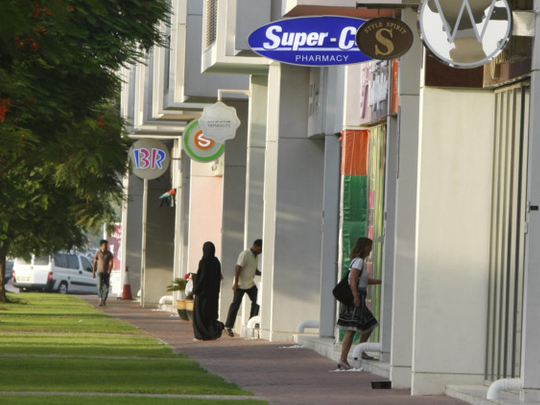
Dubai
The region’s small businesses and start-ups are starting to see more funding come their way from investors, but not enough single-transactions of $500,000 and more. In fact, 76 per cent of such deals were below $500,000 between 2009-12, and the bulk of these — 50 per cent plus — being in the sub-$200,000 range, according to a new report brought out by Wamda Research Lab.
The findings support industry-wide concerns about not enough money being readily available for businesses in the early stage of their operations, and when they are likely to be most vulnerable. This is despite many more banks and financial institutions looking at the SME space to put in capital and, hopefully, realise better yields for themselves. But between stating the need to help out small firms/start-ups to actually making the cash available exists a still wide chasm.
Apart from not seeing enough of big-ticket funding deals, another major challenge is that “Very few cases of debt funding and follow-on funding rounds” are happening, according to Jamil Wyne, who heads Wamda Research Lab. “Additionally, there are multiple lingering non-financial challenges, including communication gaps between entrepreneurs and funders.”
According to the Wamda report, ‘Funding gaps are particularly acute for sizes of $500,000 and above. Increasing the available supply of and access to funding is critical, but doing so should also include a focus of larger funding sizes to help companies to scale. Banks have a critical role to play in this equation and any effort to promote more funding to help companies to sustain and grow must take this role into account’.
Banks (save for a couple of international names which have pulled out altogether from SME lending) may yet turn far more generous with their lending. But, in the short term, ‘Few companies surveyed had received a working capital loan (12 per cent)’, according to the report. ‘Only 20 per cent of the region’s SMEs have a loan or a line of credit. Furthermore, on average, SMEs represent less than 8 per cent of bank portfolios in MENA’.
According to Zaid Ayoub, R TMZ Investments Inc, “Even if you find seed money, there is a gap between the Seed and Series A — growth funding. I think there is enough money in the region, but not enough of a system in place to attract more investors. This provides an opportunity for people to come in and form a new fund at this stage.”
The Wamda research polled feedback from more than 200 entrepreneurs operating in the region and who have received equity investment. In addition, data from 65 funding entities were also used to come up with the findings.
Where banks fair to lend, private capital is looking to make its money talk. There have been a few sizeable equity deals in the last two years involving regional businesses in the web or e-commerce space.
In fact, over three times as many companies in the Wamda sample received investments in 2012 than in 2009. Nearly 70 per cent of the funds went into early-stage businesses in information and communications technology, while a third were into education and health care.
Much of the deal making involved businesses in Egypt and Jordan, making up 40 per cent of all investments tracked in the Wamda survey.
UAE based small businesses came third in the region in attracting funds — but there was one stark difference in the depth of capital. There were as many as 19 transactions of $500,000 and more involving UAE firms, significantly higher than was the case in either Egypt (five such transactions) and Jordan (seven) between 2009-12.
Moreover, for those putting in the funds, getting the businesses to expand their footprint in the UAE and Saudi Arabia was a priority — ‘Expanding services could include financial or non-financial activities such as helping portfolio companies expand services in new markets. The surveyed
funders are seeking to become more involved in Saudi Arabia and the UAE, though also see opportunities in Lebanon, Egypt and Jordan’.
Even the recipients of the funds share a similar view on what to do to grow their businesses — ‘76 per cent of companies surveyed plan to open new offices in the next 1-2 years. Saudi Arabia and the UAE are the top-two intended destinations. These two countries received substantially more interest from entrepreneurs than any other answer choice’.










